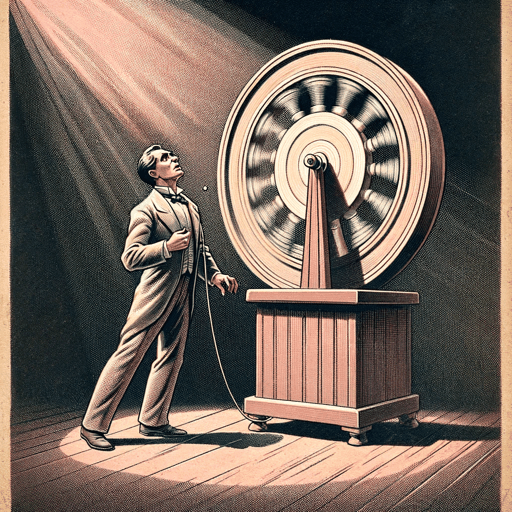86 pages • 2 hours read
Ralph EllisonInvisible Man
Fiction | Novel | Adult | Published in 1952A modern alternative to SparkNotes and CliffsNotes, SuperSummary offers high-quality Study Guides with detailed chapter summaries and analysis of major themes, characters, and more. For select classroom titles, we also provide Teaching Guides with discussion and quiz questions to prompt student engagement.
Important Quotes
“By contrast, certain of my St. Nicholas Avenue neighbors considered me of questionable character. This, ostensibly, was because Fanny, my wife, came and went with the regularity of one who held a conventional job while I was often at home and could be seen at odd hours walking our Scottish terriers. But basically it was because I fitted none of the roles, legal or illegal, with which my neighbors were familiar. I was neither a thug, numbers-runner, nor pusher, postal worker, doctor, dentist, lawyer, tailor, undertaker, barber, bartender nor preacher.”
(Introduction , Page ix)
This quote from Ellison’s nonfiction Introduction illustrates that even in the 1950s when he was writing the novel, societal expectations for Black men still restricted them to a certain set of occupations, listed above. Because Ellison does not “conform” to these ideas, and works a schedule revolving around creative work, he is viewed with suspicion by some of his neighbors. This level of scrutiny is amplified for Black people in a way that is driven by others’ racial perceptions in 1950s America.
“Nor was I unappreciative of the hilarious inversion of what is usually a racially restricted social mobility that took me on daily journeys from a Negro neighborhood, wherein strangers questioned my moral character on nothing more substantial than our common color and my vague deviation from accepted norms, to find sanctuary in a predominantly white environment wherein that same color and vagueness of role rendered me anonymous, and hence beyond public concern.”
(Introduction , Page xi)
Ellison’s comments about social mobility reflect the fact that New York City, like many major American cities, tended to be segregated along racial lines, and White people were granted mobility that was denied to Black people. He also notes the irony of being accepted by White patrons of his work for the same behavior that was so foreign to the inhabitants of his own neighborhood. His recognition of anonymity mirrors Invisible Man’s eventual conception of himself as someone anonymous and “invisible” to White people.
“How could you treat a Negro as equal in war and then deny him equality in times of peace?”
(Introduction , Page xiii)
Ellison succinctly articulates the double standard facing many Black people in the post-World War II years—they were expected to make sacrifices for their country on the same level as White people (by serving in the armed forces during World War II and otherwise contributing to war efforts) while being treated as inferior in other aspects of civil life by that country.
Related Titles
By Ralph Ellison



